Nature reports
File: Birdmigration
Page 1 of 2 - 12 Results
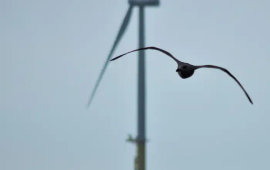
Scientists have been studying how birds move and migrate for hundreds of years. Recently, understanding this complex phenomenon has become much more important because countries are building thousands of wind turbines in and around..
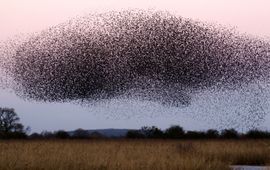
Young, naïve starlings are looking for their wintering grounds independently of experienced conspecifics. By revisiting a classic ‘displacement’ experiment and by adding new data, a team of researchers at the Netherlands Institute..
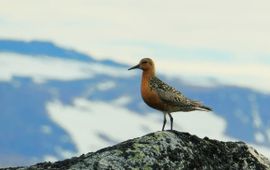
Climate change may speed up the emergence of insects in northern countries at the end of winter. This may cause breeding birds, migrating from the south, to come too late to benefit from the insect peak if they do not adjust their..
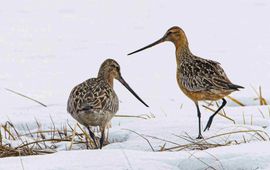
Changing climate may slowly erode the difference between two subspecies of bar-tailed godwits. That warning is voiced by bird researchers from the Royal Netherlands Institute for Sea Research (NIOZ) and the University of Amsterdam..
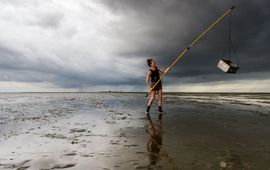
Contrary to the population trends for many shorebirds, sanderlings have been doing relatively well in the Wadden Sea for the past years. The key to that success lies in the timing of these little birds' main food: shrimp on the..
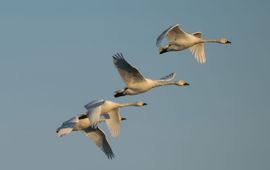
Bewick’s swans fly less far during their autumn migration when the weather is warm. Climate change has therefore led to a shift in their common wintering areas. Now, for the first time, bird researchers have been able to pinpoint..
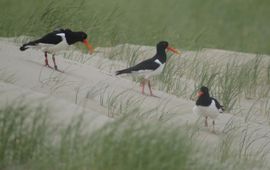
Tens of thousands of animals around the world are monitored using GPS trackers to protect wildlife and study animal behaviour. The collected data are also useful for biodiversity research, but are seldom available on platforms..
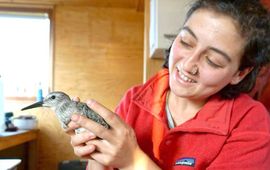
The Wadden Sea is changing due to human influences such as mining for gas, tourism and sea level rise. Researcher Selin Ersoy, ecologist at the Royal Netherlands Institute for Sea Research (NIOZ) studied how ‘personalities’ of..
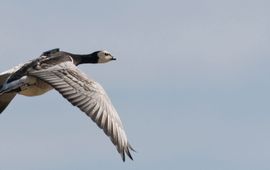
As Arctic temperatures continue to rise, barnacle geese are increasingly at risk of arriving in their breeding areas too late. The good news is that they can speed up their 3,000 kilometre migration to the Arctic, by making fewer..
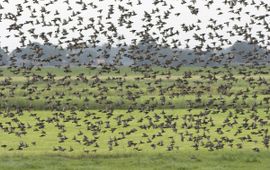
Many fish species swim in schools and birds fly in flocks. Such collective behaviour must arise from the interactions between the animals. How it works was largely unclear. Wageningen-researchers now provide insight into the..
